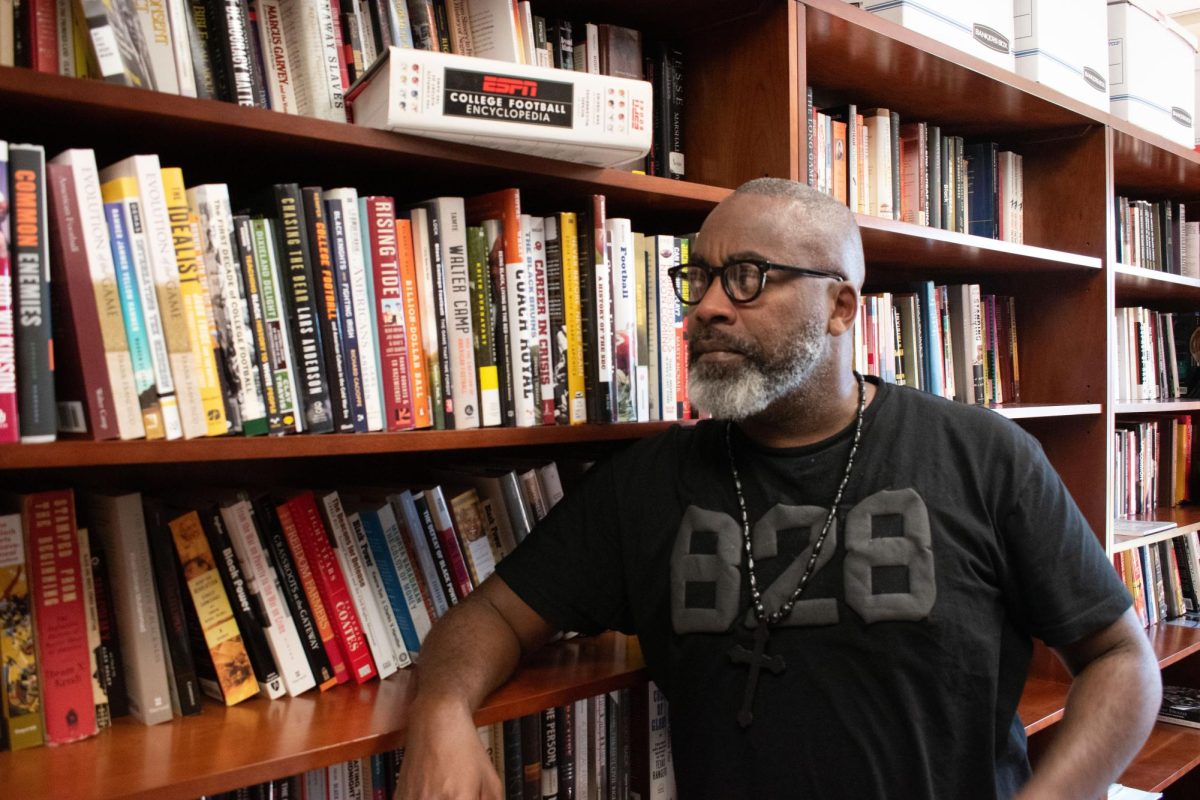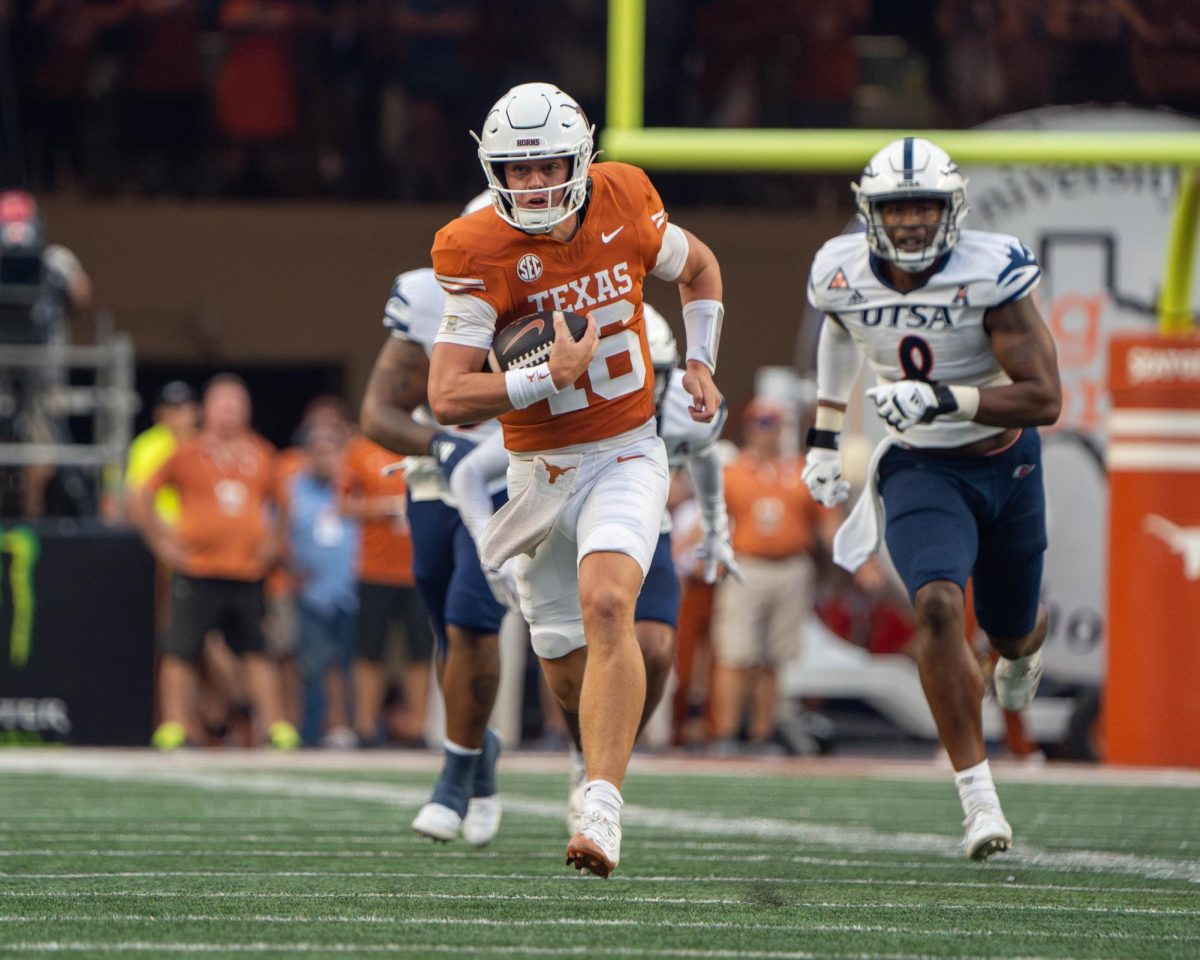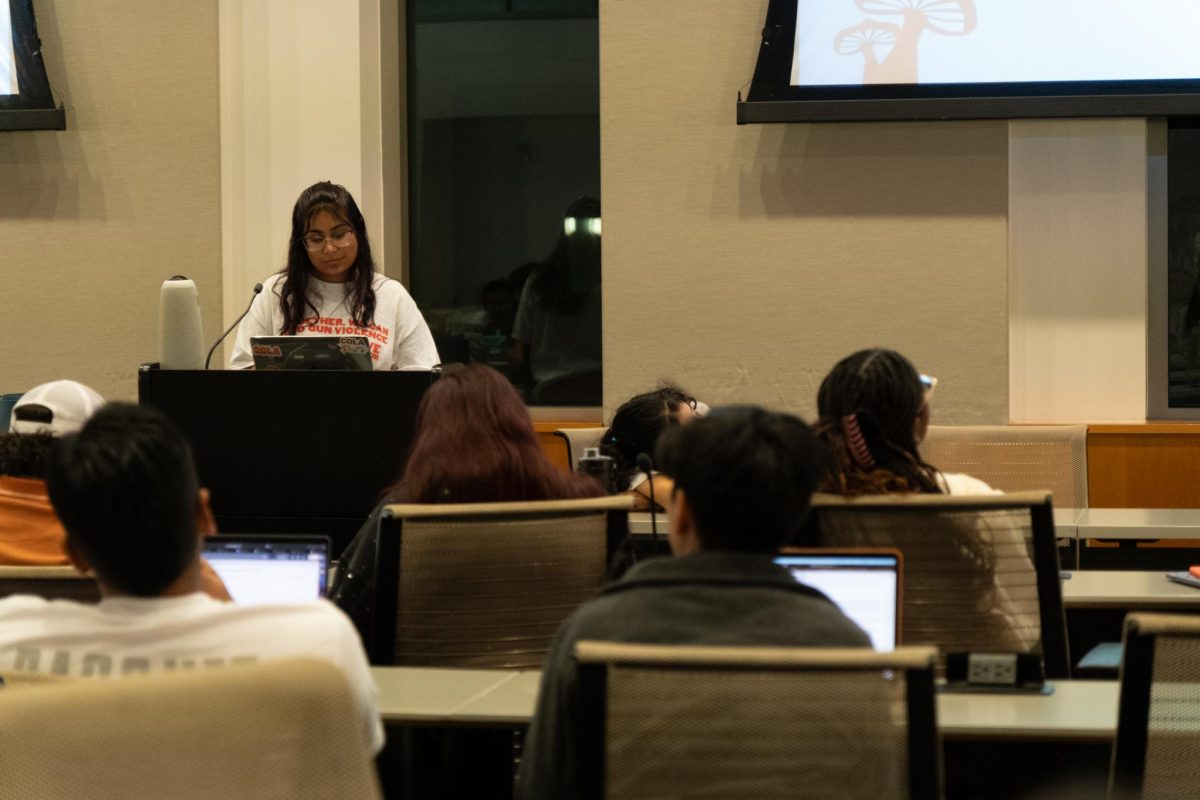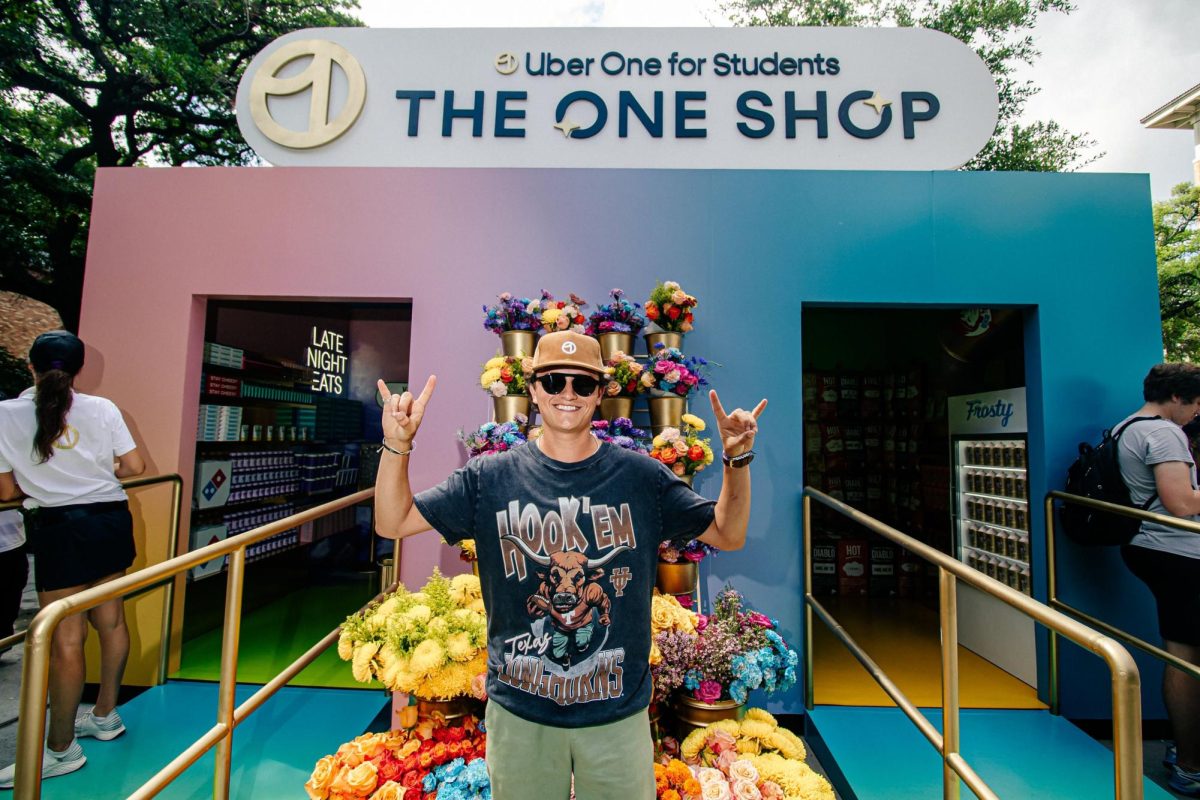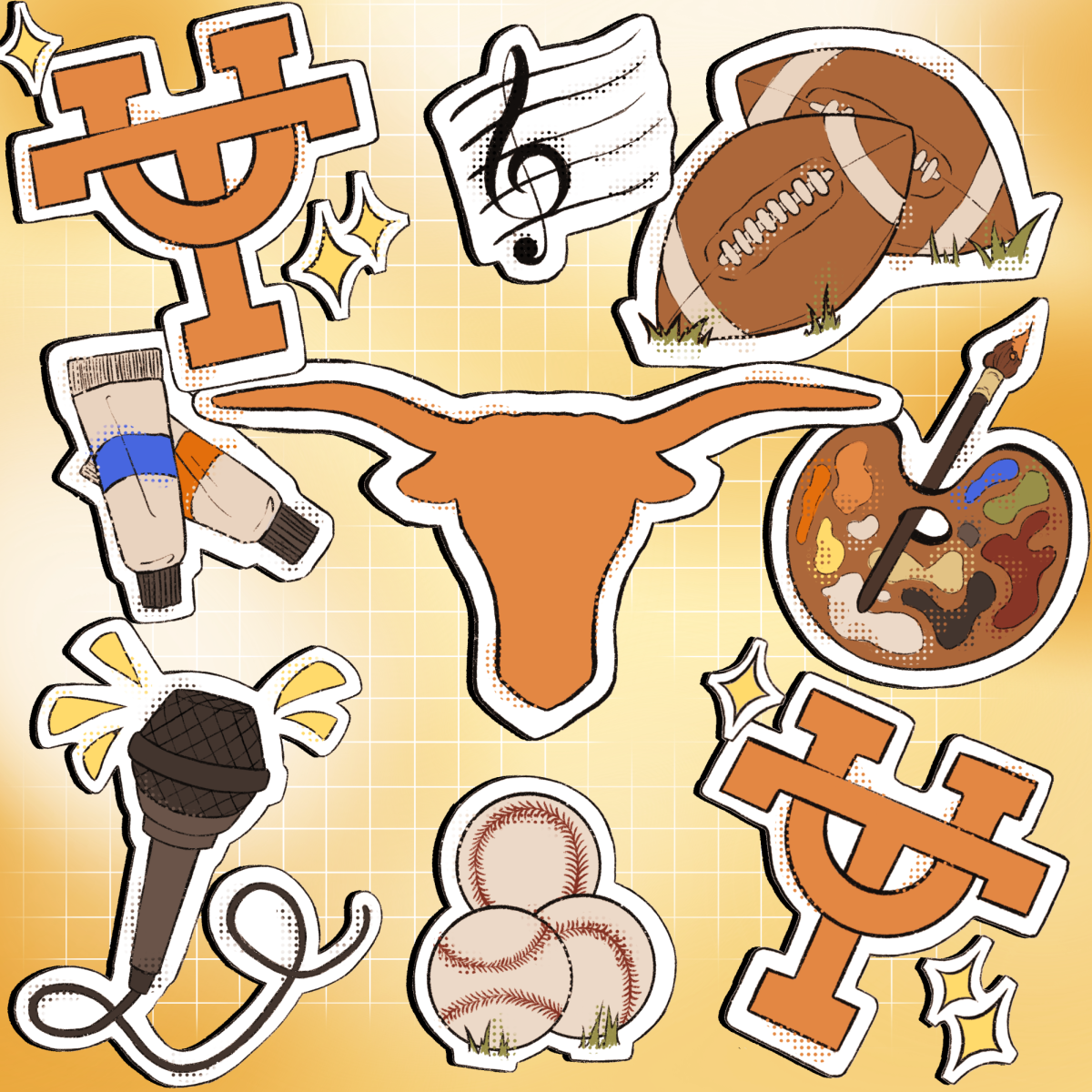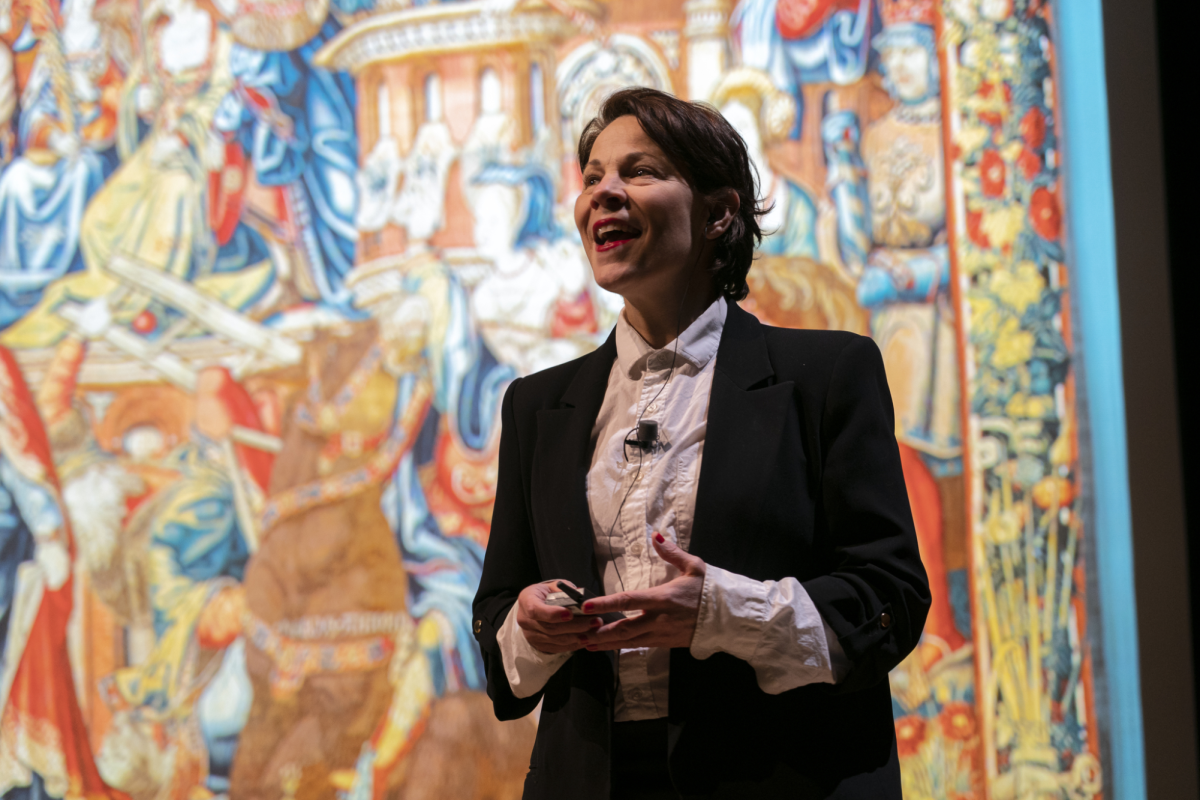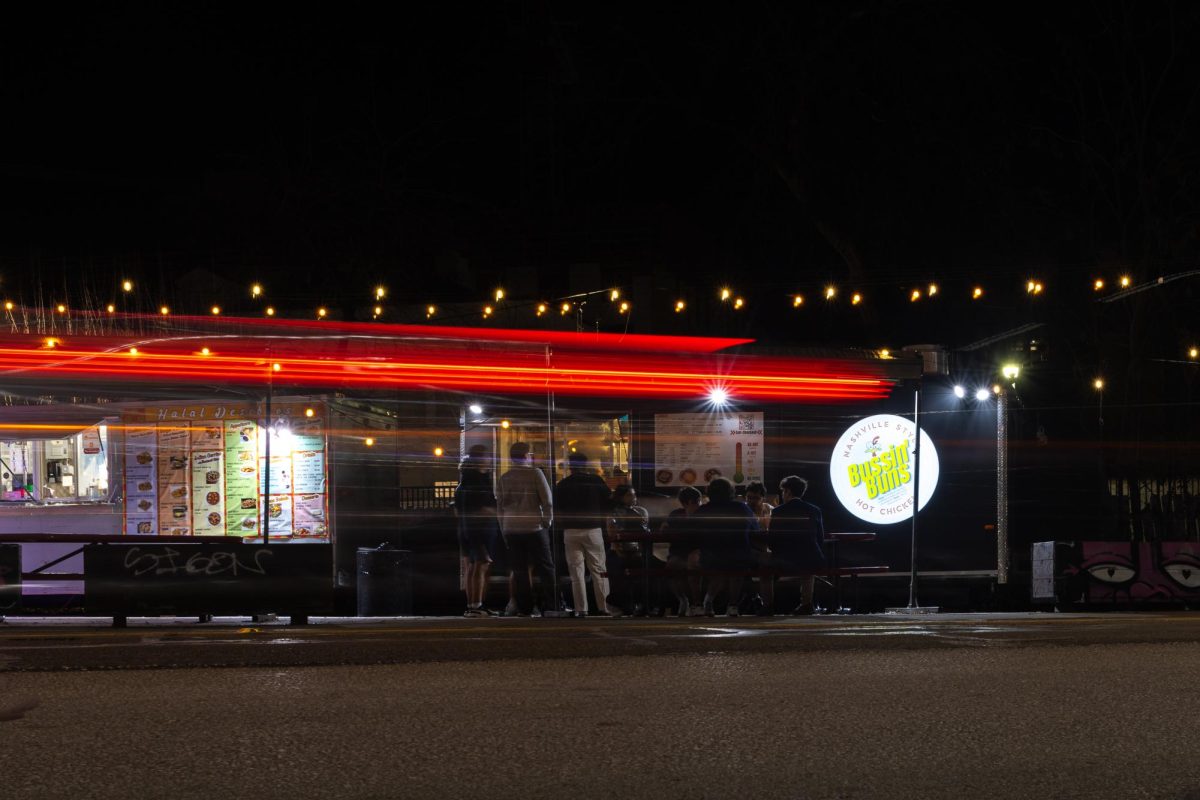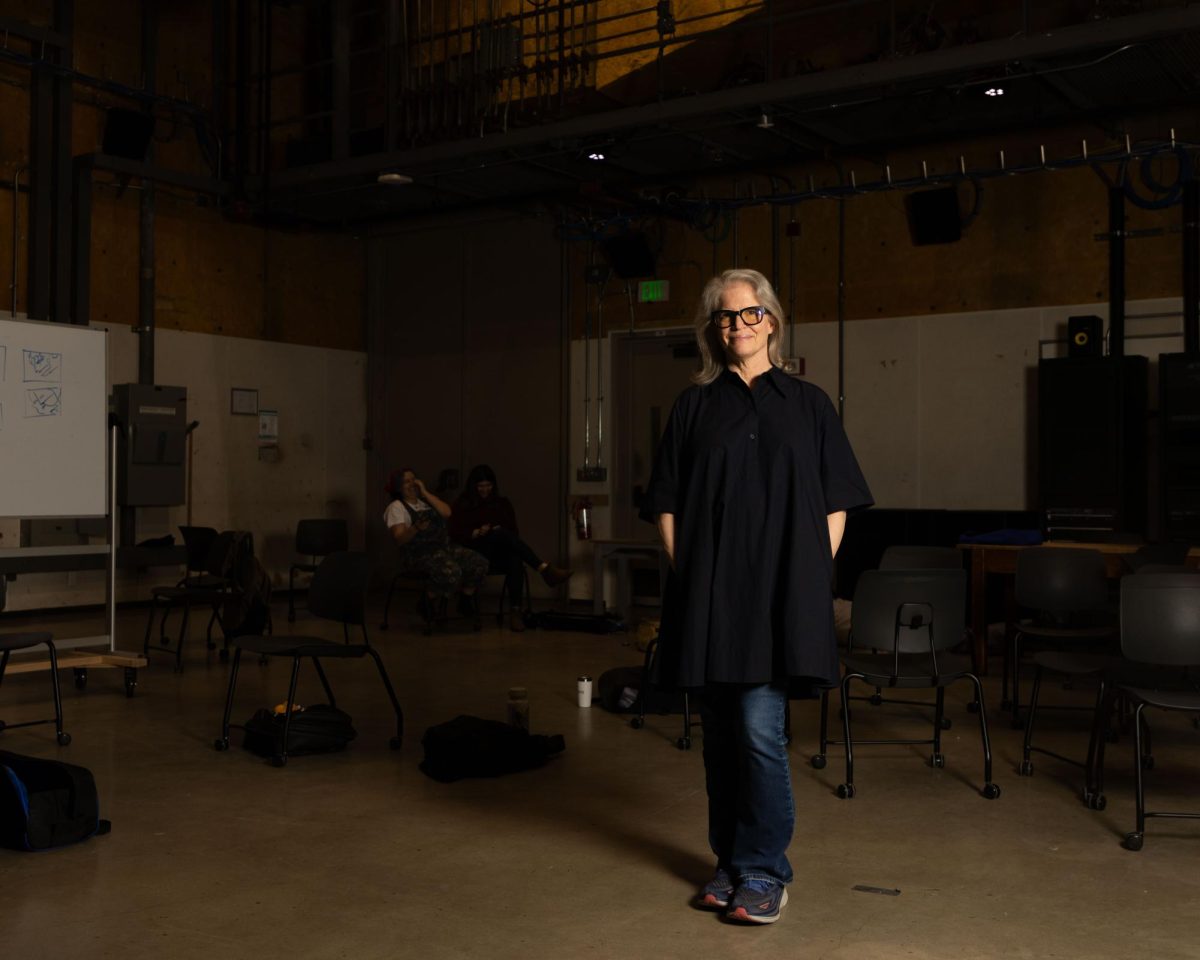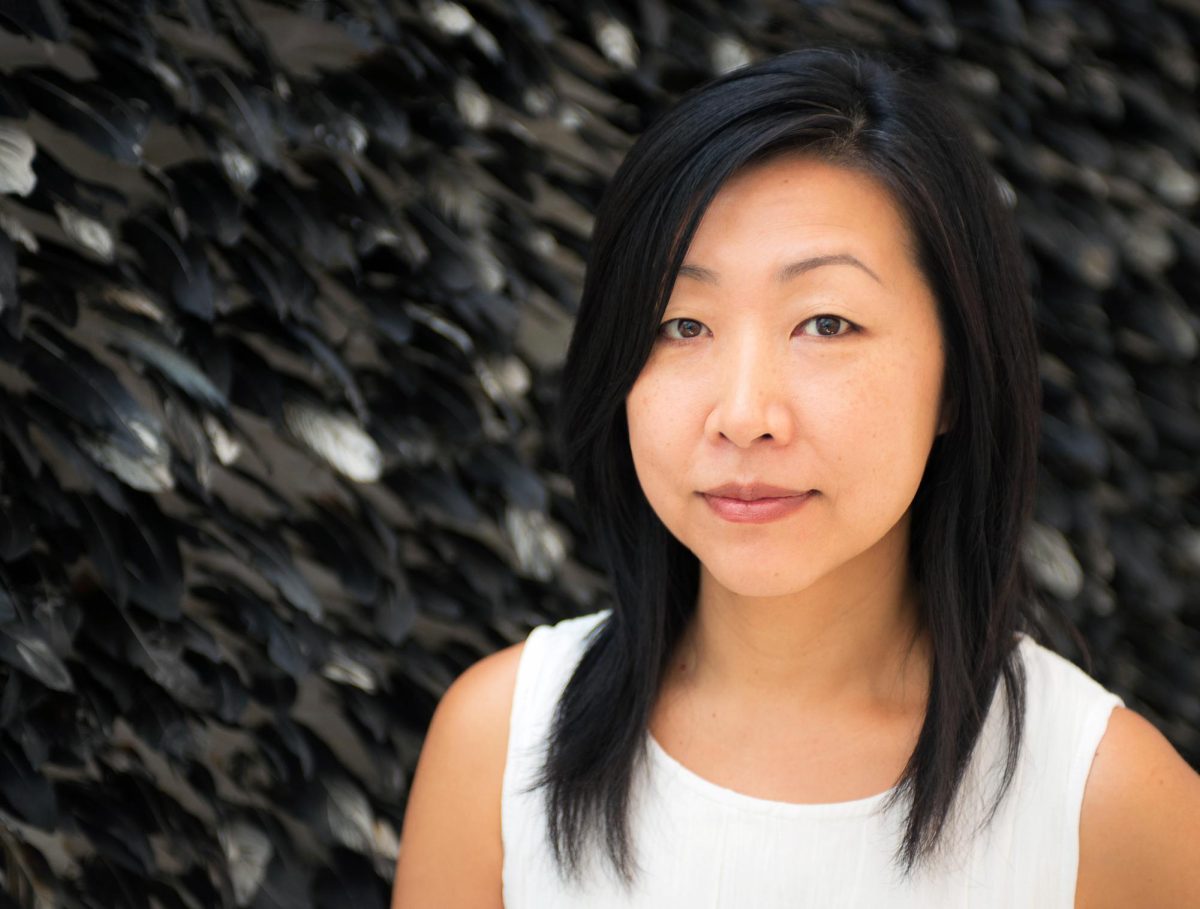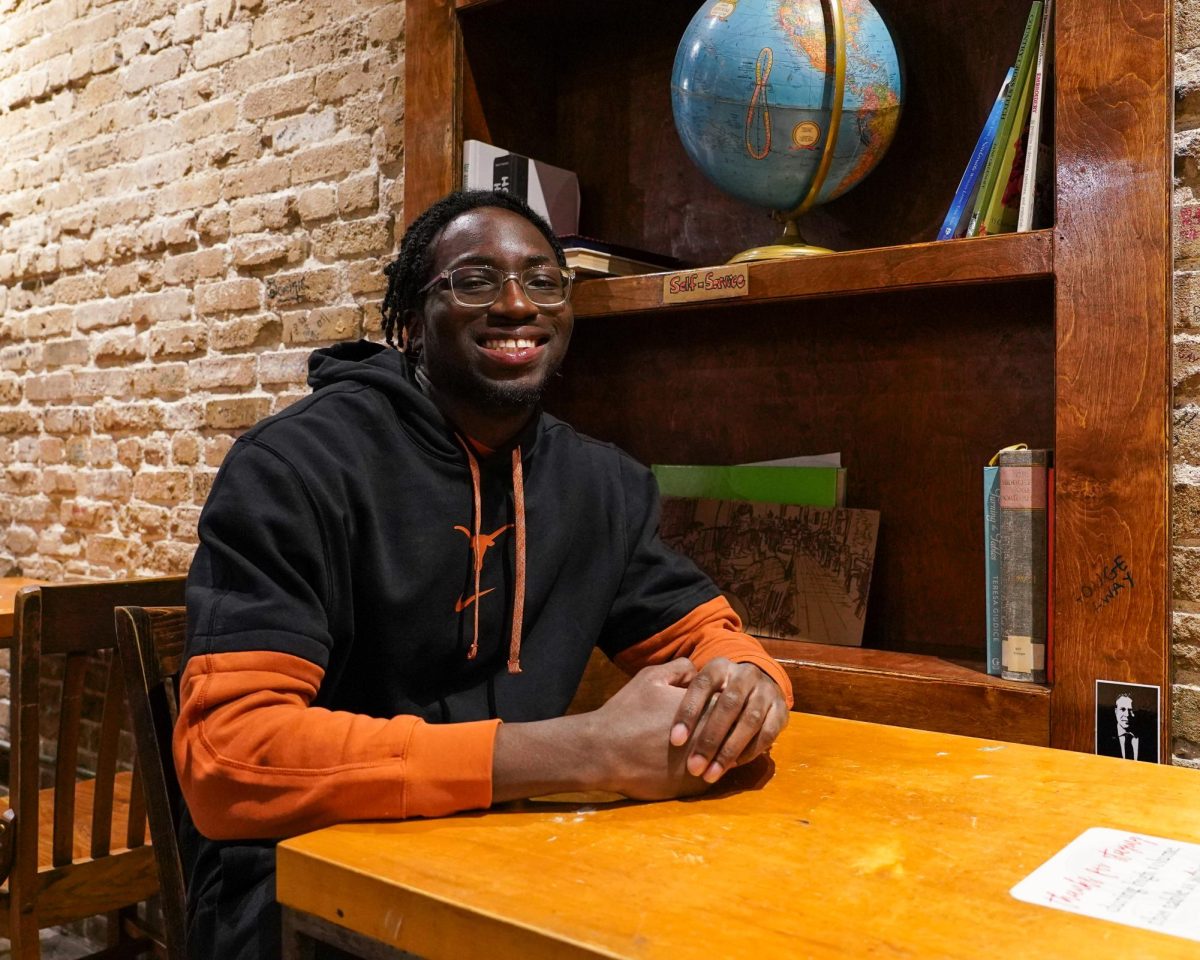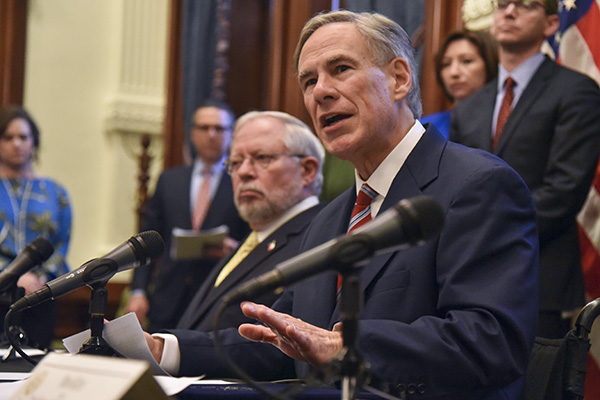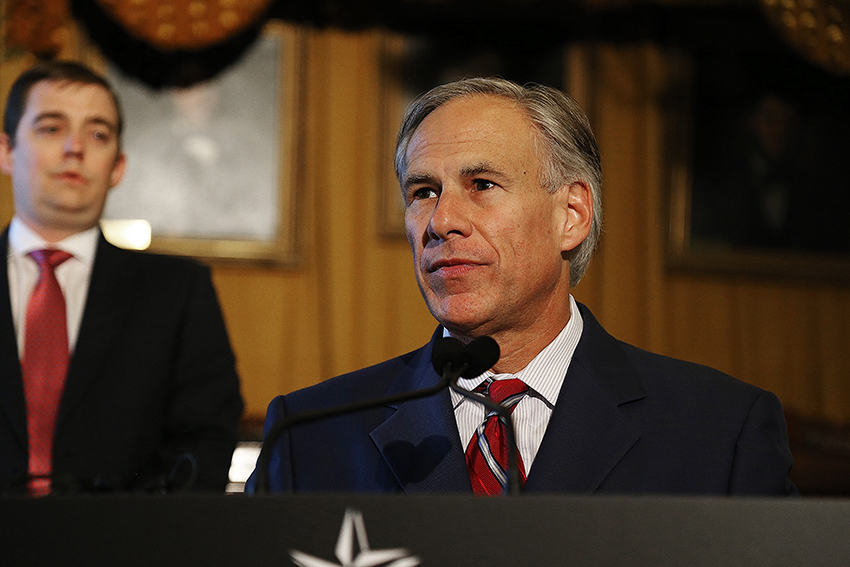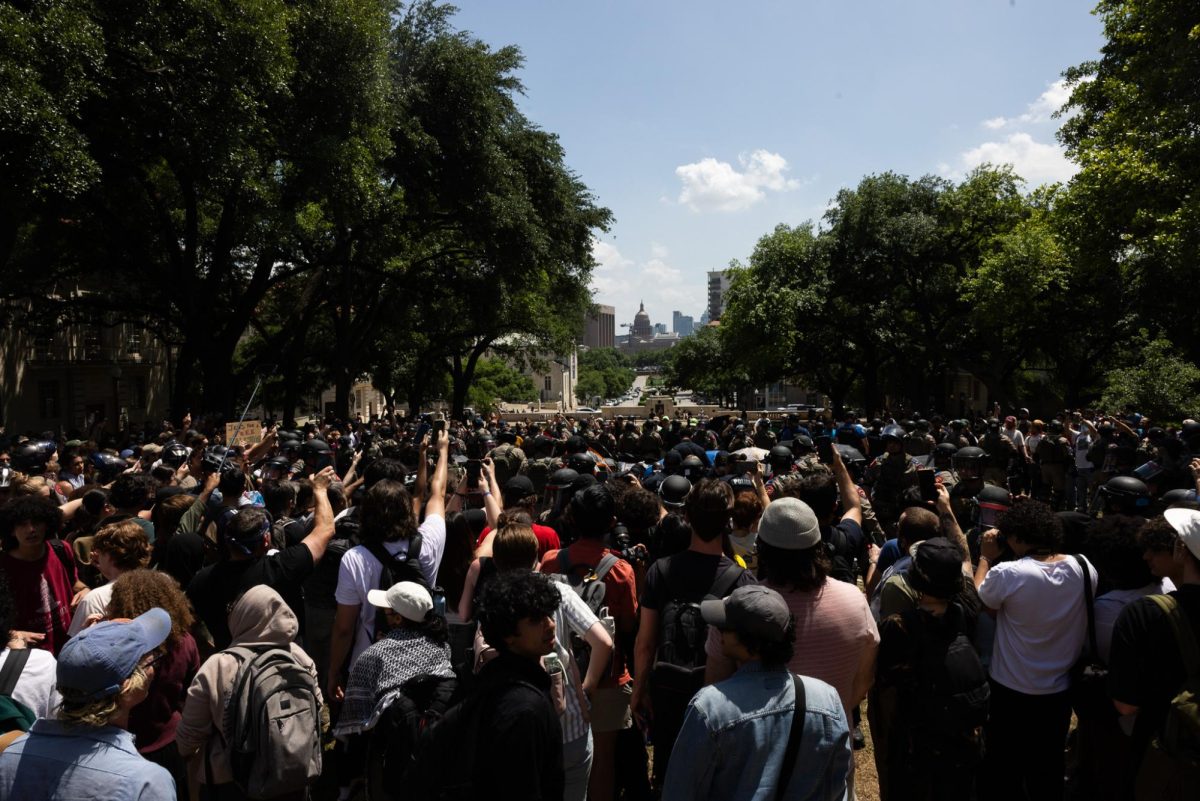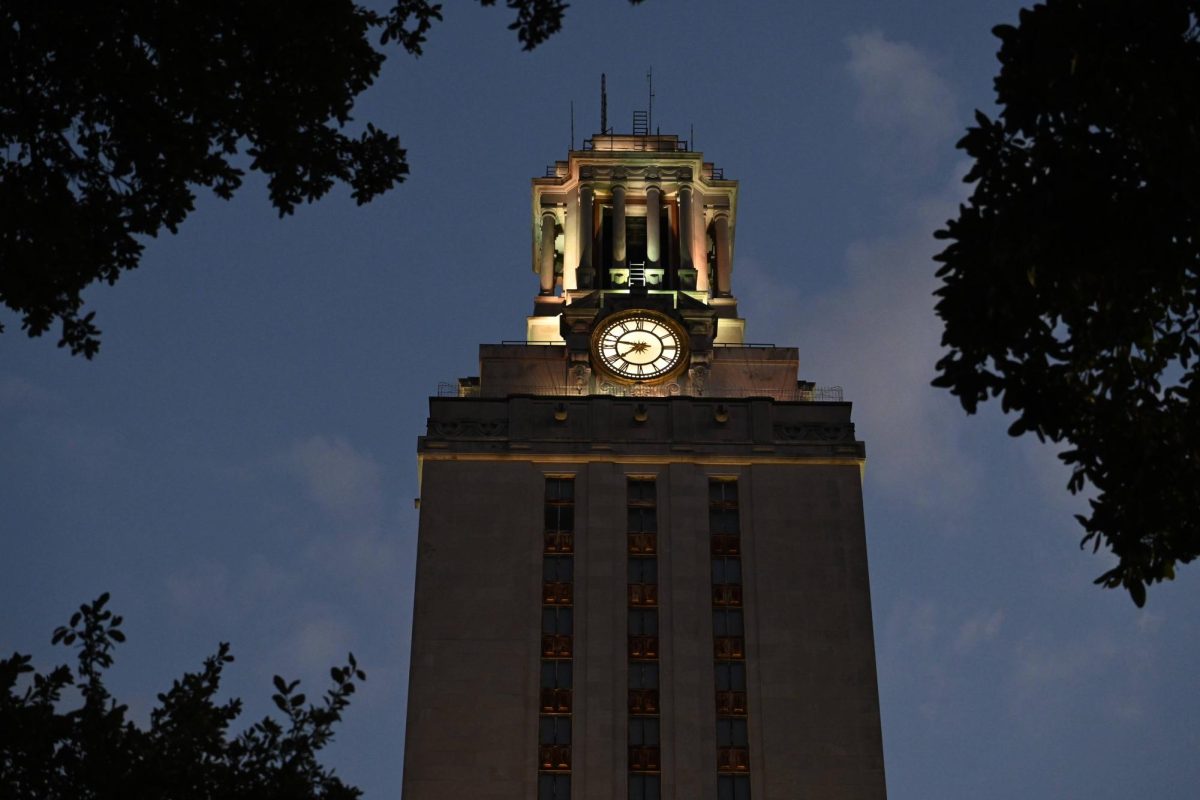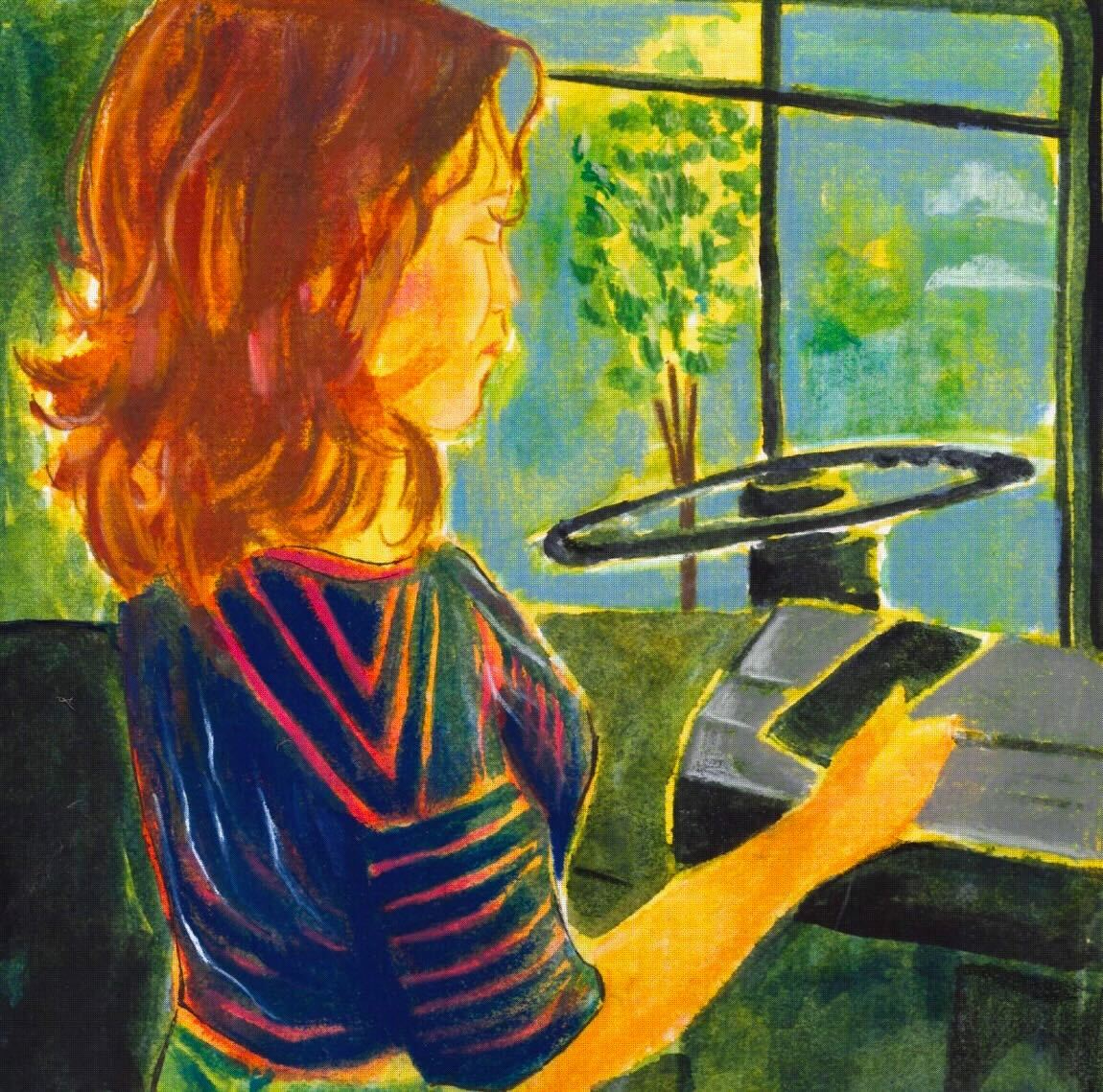Twenty-nine years ago when Dr. Leonard Moore pursued his Ph.D. in history at Ohio State University, his friend asked him to help tutor a group of football players. Understanding the lives of the athletes after the stadium lights dim and the commentators’ voices fade makes up a large part of the professor’s life.
History professor Leonard Moore launched the College Football Research Project this fall semester to unearth what the sport looks like through the lens of scholarly analysis, particularly in the South. Assembling a team of researchers from across the country, the project plans to facilitate programming before home games and classes on the historical and contemporary context of college football as it gains traction.
“We can talk about college athletics, but football is the gorilla,” Moore said. “There’s nothing like it. For those three and a half, four hours on a Saturday afternoon, people leave their politics at home, and they come and support. The question is, what would society look like if we could take that energy around college football and take it into other areas of our lives?”
Moore said college football provides a unique opportunity for bringing together all races as athletics and identity overlap. Moore said his personal interest lies in a concept he refers to as “identity foreclosure” in which African American recruits may face limited options after the conclusion of their football careers. Moore said he also questions whether white athletes feel the impacts of existing stereotypes in the sport.
“When we talk about the sociocultural impact of college football on society, it needs to be studied from an academic perspective,” Moore said.
This fall, Moore teaches a course called “College Football: The Pride and Joy of the South.” Biochemistry freshman Caroline Vazquez, a current student in the course, said the content made her reevaluate what she knows about sports in her hometown of Del Rio.
“After starting this class, I became hyperaware of any time I saw something football-related,” Vazquez said. “It made me realize (football) really is a big cultural thing that has reasoning behind it. I think about the funding that goes into it, and I think about that for my hometown … That’s how I carry it back home.”
The UGS course uses material that references topics such as recruiting, coach salaries, conference realignment, and NIL or name, image and likeness. Moore said that he will also teach a course about the history of college football and a different course about its legality at the School of Law during the spring semester.
“(The programming can be) the way to build community, bring people together and take the oddest intellectual capital that we have on campus and spread it to a broad audience,” Moore said.
Some people outside of UT who frequent the games, however, seem more interested in the fan experience. Dylan Garcia, an ACC student who played football in high school, attended every home game this season.
“I love football so much that I’m getting to the stadium at 5 a.m.,” Garcia said. “But that’s not only me. You wake up and everybody else around campus is walking around the streets. So you’re kind of like, you know what? We’re all in this together.”

